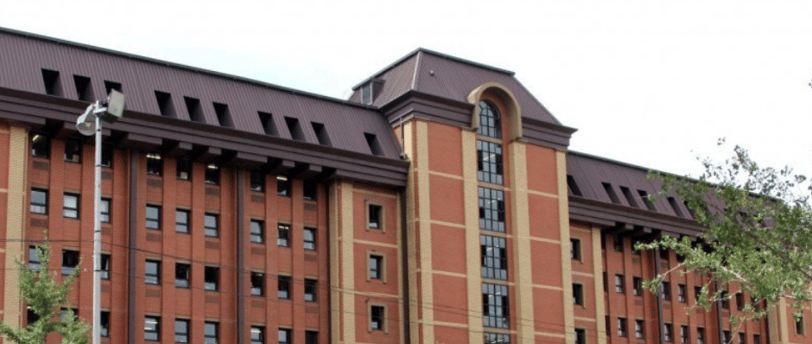Civil trial backlogs and the push for mandatory mediation in Gauteng: A legal crossroads


Civil Trial Backlogs and the Push for Mandatory Mediation in Gauteng: A Legal Crossroads
The Gauteng Division of the High Court is facing an unprecedented backlog in civil cases, with trial dates reportedly being allocated as far ahead as 2031. In response, the judiciary has proposed a draft directive that could reshape the litigation landscape as we know it – the introduction of mandatory mediation in civil matters. This bold shift is aimed at relieving the severe pressure on the court’s trial roll and addressing what is rapidly becoming a constitutional concern.
The rationale behind the draft directive
According to the Office of the Chief Justice (“OCJ”), more than 85% of civil matters settle on or before the day of trial. These figures raise a pivotal question: if resolution is so often inevitable, could earlier intervention save litigants time, money, and uncertainty?
The proposed directive suggests so. It aims to institutionalise mediation as a procedural step, placing it before the often lengthy and resource-heavy trial process. The OCJ contends that a more structured approach to mediation could significantly reduce the burden on the court system, ensuring quicker outcomes and upholding the right of access to justice enshrined in Section 34 of the Constitution.
A necessary innovation or a step too far?
While the intent is commendable, the proposal has sparked considerable debate within the legal community. Some argue that the draft directive risks undermining the constitutional right to have disputes resolved by a court, in a public hearing. Mediation, by its very nature, is a private and confidential process. As such, the concern is not only whether mandatory mediation is constitutionally sound, but whether it inadvertently erodes the principles of open justice and judicial oversight.
At Ackermann Attorneys inc, we believe this directive invites a necessary conversation about modernising our litigation process without diluting its core safeguards. There is no denying that the backlog places an enormous strain on litigants and legal practitioners alike. Cases delayed by six to eight years are, by any measure, an insult to the promise of timely justice.
Yet, any move to make mediation compulsory must be carefully calibrated to balance efficiency with constitutional rights. The right to be heard by a court cannot be replaced by alternative dispute resolution, no matter how practical or cost-effective it may be. The risk lies in assuming that all disputes are suitable for mediation, when in truth, many turn on legal principles that require formal adjudication.
Our perspective
Mediation, when voluntary and entered into in good faith, is a powerful tool. It allows parties to resolve disputes on their own terms, fosters constructive dialogue, and further strives to preserve relationships. We have seen firsthand the success that a well-facilitated mediation process can yield.
However, making it a mandatory threshold for all civil disputes may present unintended consequences:
Delay disguised as efficiency: If not properly managed, mandatory mediation could become just another procedural hurdle rather than a solution—especially in matters where settlement is improbable.
Increased costs: While mediation is often touted as cost-effective, it may increase costs for parties who are forced into a process they neither require nor want, particularly if they ultimately proceed to trial anyway.
Unequal bargaining power: Not all litigants enter the mediation process on equal footing. The absence of judicial oversight during the process can raise concerns about fairness in certain matters, especially those involving vulnerable parties.
We advocate for a more context-driven approach, where the court retains discretion to direct parties to mediation in appropriate matters, particularly those involving factual disputes rather than legal questions of precedent or statutory interpretation.
Have Your Say
The OCJ has invited public comment on the draft directive, with a deadline of 03 April 2025. Submissions can be sent to jp.gauteng@judiciary.org.za.
This is a critical moment for the legal profession, and all stakeholders – practitioners, law bodies, and litigants – should engage meaningfully with the process. Any systemic reform must be guided not only by practical necessity but by a deep respect for the rule of law, access to justice, and the integrity of our courts.
Would you like expert insights delivered to your inbox?
Subscribe to our newsletter for the latest legal updates, industry insights and free legal resources.
© 2024 Ackermann Attorneys, All rights reserved.
_________________________________________________________________________________________________________________________________________________________________________________________________________________________________________________________________________________________________________________________________________________________
Ackermann Attorneys
Follow us
